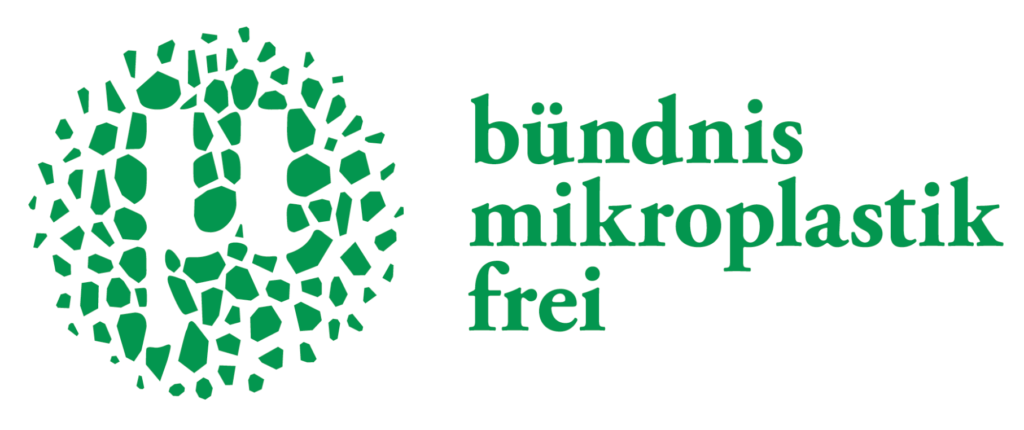Diclofenac - Environmentally damaging drug with poor risk-benefit profile
Diclofenac belongs to the group of non-steroidal anti-inflammatory drugs, an active pharmaceutical ingredient with anti-inflammatory, analgesic and antipyretic properties, which is available as a gel, injections, tablets or drops. The gel with the active ingredient diclofenac is one of the most commonly used painkillers in orthopaedics in Germany and is advertised worldwide. Applied to the skin of the site of pain, it is proven to work and only with low systemic side effects. In dermatology, diclofenac is used for the therapy of superficial skin tumours, so-called actinic keratoses, which can occur due to lifelong UV irradiation. The Incidence is increasing. Diclofenac can be purchased over the counter in most countries and is relatively safe to use. Application. In Germany, the Total consumption of diclofenac is about 85 tonnes per year.
Diclofenac harms the fauna
Diclofenac is toxic to the kidneys in birds. In India and Pakistan, three indigenous vulture species have almost completely died out since the 1990s after ingesting diclofenac in the meat of dead cattle that had been treated for rheumatism. In fish, the liver, kidneys and gills are damaged by ingestion of diclofenac through sewage. To make matters worse, some species of psyllids convert diclofenac into diclofenac methyl ester, which is poorly soluble in water, is excreted less easily and is therefore accumulates in living organisms. In addition, the Degradation in waters hindered by chemical compounds such as carbonates and phosphates from detergents, which are found in large quantities in wastewater. In contrast to ibuprofen, for example, diclofenac can be treated with the existing options. not filtered out of the waste water by sewage treatment plants become. The Problem also affects other drugs such as neuroleptics or antibiotics, so that a 4th clarification stage is to be introduced in the future.
Risk-benefit profile of diclofenac questionable
Irrespective of the need for a technical solution to the wastewater problem, the question of the usefulness of the application as well as the risk-benefit profile of diclofenac topicals must be raised.
Doctors and therapists should critically question their recommendation and prescription of topical diclofenac and consider alternatives where appropriate. In particular, it should be weighed up that
Diclofenac gel is poorly absorbed through the skin and is directly discharged into the waste water at the latest when the 94-99% agent is washed for the first time,
a Effectiveness of the pain-relieving gel for joint diseases other than osteoarthritis of the knee joint and rheumatic inflammation of the finger joints has not been proven,
it Alternatives on a herbal basis or, if not otherwise possible, on a basis containing ibuprofen.
Last but not least, the discussion must now be taken up as to whether drugs such as diclofenac or also other ingredients such as e.g. Triclosan should not in principle be reserved for medically prescribed indications, instead of finding worldwide distribution and being heavily promoted in conventional products and over-the-counter medicines on the market.
Water in available and clean quantity will become the problem of the future in a world that will be marked by global warming due to the climate crisis. Our health directly depends on the availability of drinking water and usable water for food production. The climate crisis threatens our health as the greatest therapeutic challenge of the 21st century. However, humans are responsible for conserving the earth's resources. Working sustainably therefore does not only mean working economically and according to the indication, but also includes, above all, informing patients about the ecological consequences of their therapy and possible alternatives.
© Gudula Keller, MD, orthopaedist, and Susanne Saha, MD, dermatologist, 07/2021







